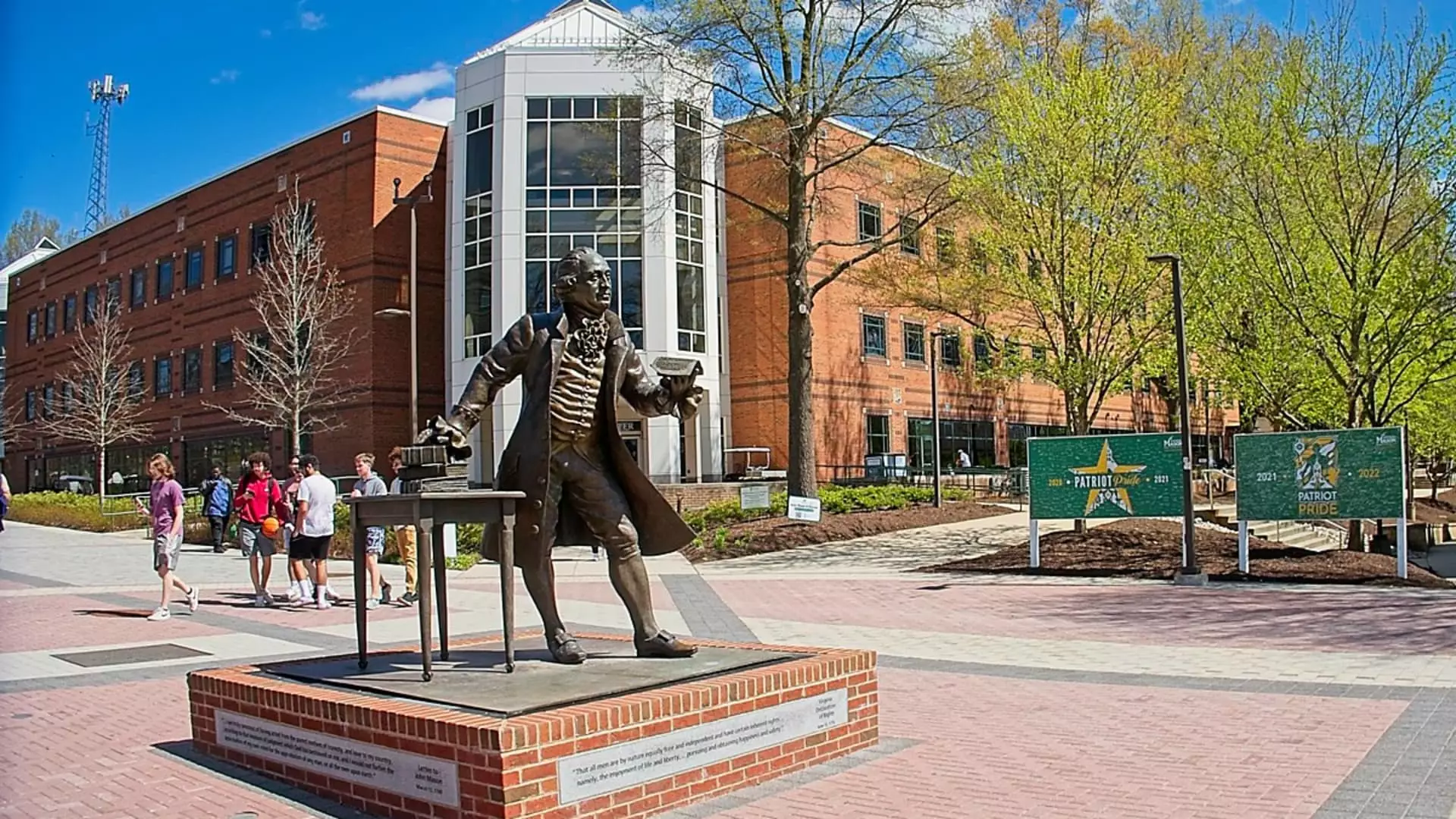In recent months, the federal government’s heightened scrutiny of universities like George Mason has revealed more than just administrative oversight; it exposes a disturbing trend toward politicizing academic institutions under the guise of promoting fairness. What was once a neutral effort to ensure equitable opportunities has now become a battleground for ideological agendas that threaten the core values of higher education: meritocracy, academic freedom, and open inquiry. This investigation, initiated by the Department of Education, echoes a broader political strategy that seeks to undermine the legitimacy of progressive diversity initiatives, positioning them instead as pretexts for racial bias and discrimination.
The core issue here isn’t really about civil rights or equal opportunity—it’s about the government wielding its power to control internal university policies based on ideological conformity. Labeling practices aimed at fostering more inclusive environments as “racially hostile” or as violations of federal laws seems appropriate only if one judges merit and diversity through a politicized lens. The university’s defense—that it is simply complying with federal mandates—resists the reality that many of these policies are intended to address systemic inequalities, not to prefer one group over another. Ironically, the real threat lies in how these investigations risk chilling genuine efforts toward genuine inclusion and fairness by framing them as violations of civil rights.
The Misguided Assault on Anti-Racism Initiatives
The Trump administration’s approach to higher education, now carried forward with relentless vigor, demonstrates a fundamental misunderstanding of what true progressivism entails. It’s not about favoritism or tokenism; it’s about rectifying centuries of systemic bias. When the federal government labels prominent diversity and anti-racism offices—like GMU’s Task Force on Anti-Racism—as potential violations, it signals a dangerous shift from fostering inclusion to policing ideological compliance. Moreover, these targeted investigations threaten to intimidate faculty and administrators into silence, effectively stifling critical conversations necessary for genuine societal progress.
The complaint that suggests candidates are being hired based on “diversity” rather than merit is a misleading misrepresentation, often used to delegitimize programs designed to remedy historical disparities. Such narratives ignore the nuanced understanding that diversity and excellence are not mutually exclusive; instead, they are often mutually reinforcing. Dismissing these efforts as “preferential treatment” ignores evidence that diverse environments produce richer intellectual debate and innovation. It also neglects the reality that merit is often measured within a context that considers barriers faced by underrepresented groups. Undermining these policies represents a return to a rigid, exclusionary idea of fairness that ignores societal realities.
The Political Weaponization of Education
George Mason’s situation reveals a deeper malaise: the use of federal authority to weaponize education as a tool for political polarization. The investigation aligns with a broader pattern of targeting institutions like Harvard, Columbia, and Berkeley—schools that have long been bastions of progressive thought—yet now face scrutiny under the pretense of rooting out discrimination. This selective policing exposes a double standard that raises serious questions about motives. If the objective were truly protecting civil rights, why penalize programs that aim to broaden access and foster understanding? Instead, this strategy seems oriented toward undermining liberal-leaning institutions and elevating conservative interests.
Additionally, the school’s political connections paint a revealing picture. The decision to name the law school after Justice Scalia, funded by conservative donors, alongside the support from foundations linked to Charles H. Koch, signifies a certain ideological alignment that critics argue is fueling these investigations. However, framing these financial ties as evidence of bias oversimplifies the underlying debate: Should higher education serve as a battleground for political allegiance, or should it prioritize objective scholarly inquiry and inclusive justice? The answer should be clear—yet the current trend suggests the latter is often dismissed.
Implications for Academic Freedom and Democratic Values
The ongoing federal investigations threaten to undermine the fundamental principles of academic freedom and open dialogue—cornerstones of a healthy democracy. Universities are spaces where complex, often uncomfortable conversations must take place. Outsourcing the judgment of these conversations to politicized agencies risks turning academic institutions into mere extensions of partisan politics. Such an approach discourages critical thinking, discourages diversity of thought, and ultimately stunts societal progress.
A truly liberal, centrist approach to higher education recognizes the importance of balancing merit with inclusivity. It advocates for policies rooted in fairness, transparency, and respect for both individual achievement and collective responsibility. By scrutinizing and, in some cases, intimidating these institutions, we jeopardize the vibrant intellectual ecosystems necessary for a democratic society to thrive. Instead of weaponizing civil rights laws as tools of political vendettas, we should be fostering environments where merit is valued, diversity is celebrated, and policies are scrutinized by their effectiveness



Leave a Reply